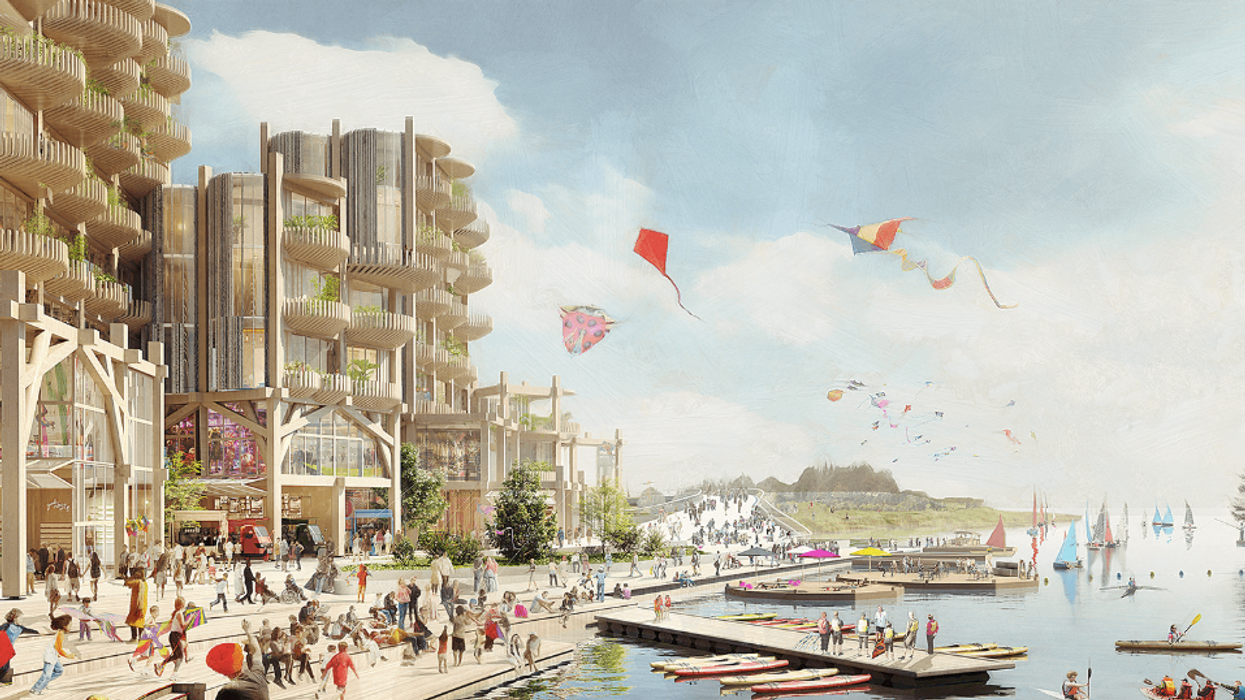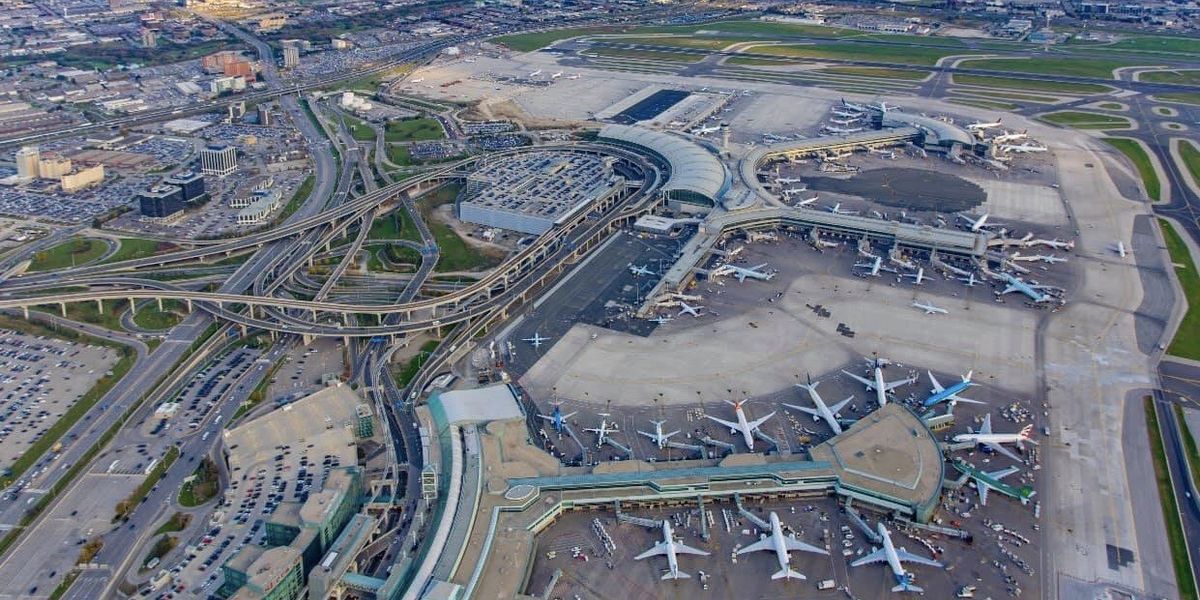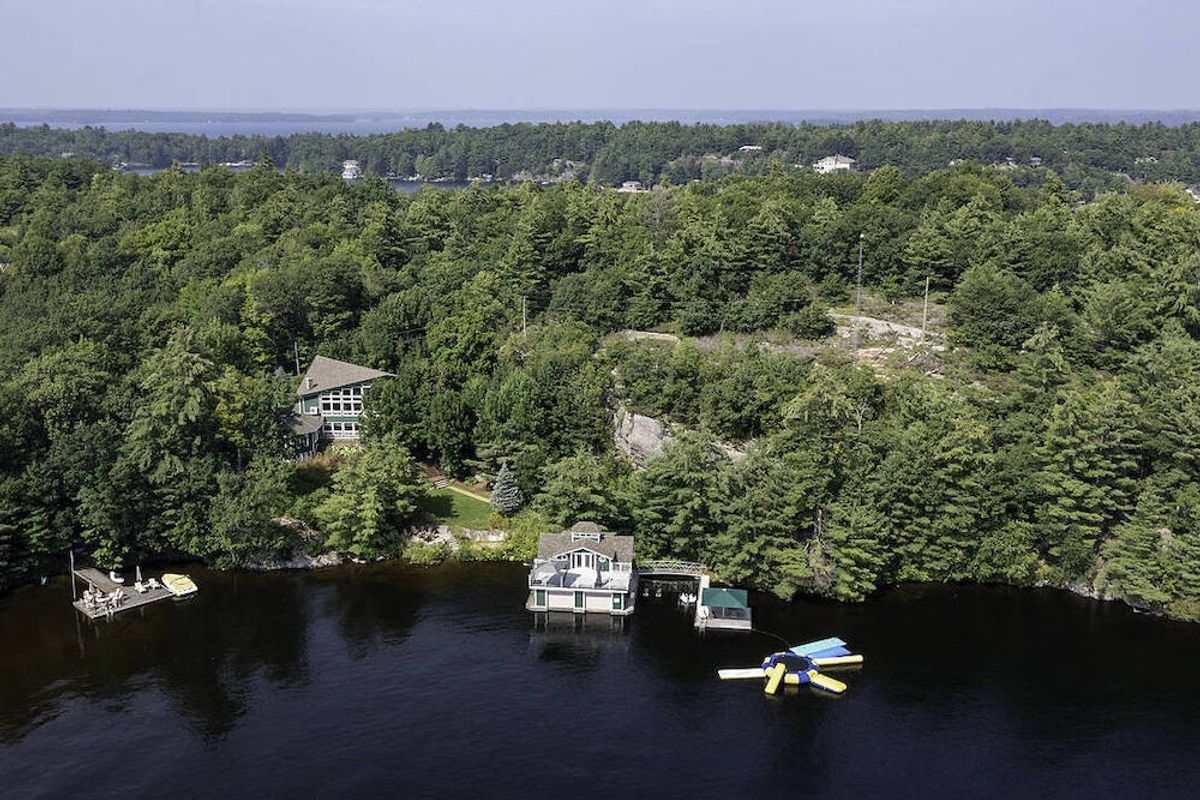Sidewalk Labs is raising even more eyebrows than before.
On Monday, Google’s sister company unveiled its $1.3 billion master plan for their Toronto waterfront project. The massive 1,524-page draft outlines plans for a 190-acre community in Quayside, located east of the downtown core.
This is 16 times larger than what was originally proposed nearly two years ago, the Globe and Mail reports. At that time, Waterfront Toronto and Sidewalk Labs announced the “smart city” would only take up a measly 12 acres of land.
However, the massive project will be good for the economy, as it will create 44,000 jobs by 2040, Sidewalk noted. It will also generate $4.3 billion in annual tax revenue and result in $14.2 billion Canadian gross domestic product each year.
READ: Sidewalk Labs’ Waterfront Project Under Fire From Industry Leaders
While this is certainly a benefit, government officials and industry leaders continue to take issue with the project’s plans to collect and store residents’ personal information. Sidewalk has always been adamant that the waterfront community would include cameras, sensors and monitoring systems. Collected information would then be used to improve the city.
Waterfront Toronto chair Stephen Diamond has called Sidewalk’s master plan “aggressive.” In a press release, he noted that “Waterfront Toronto and Sidewalk Labs have very different perspectives about what is required for success.”
READ: Toronto Ranks As One Of The Smartest Cities In The World — But What’s A Smart City?
Not only are there still questions about how technology will be used, but the plan asks a lot of the government. Sidewalk’s proposal would require some municipal and provincial laws to be rewritten to allow for personal data collection, and public transit would need to expand.
These are “not commitments that Waterfront Toronto can make,” Diamond wrote.
READ: Too Soon To Cancel Quayside Project, Says New Waterfront Chair
Michael Bryant, Canadian Civil Liberties Association’s executive director, previously warned that the Sidewalk project would result in “surveillance capitalism.”
“People can't be watched all the time,” Bryant told CBC News. “They have a level of privacy and dignity and an ability to engage in free assembly or not. And the constitution protects that and creates that kind of country for us.”
READ: Setting The Record Straight On Google’s Toronto ‘Smart City’ Project And Privacy Issues
Earlier this month, Canadian architect Jack Diamond and renowned tech investor Roger McNamee vocalized similar concerns regarding privacy and data collection.
Conversations between Waterfront Toronto, the City of Toronto, and Sidewalk Labs will continue. No decisions on the project are expected to be made until the end of 2019 at the earliest.





















